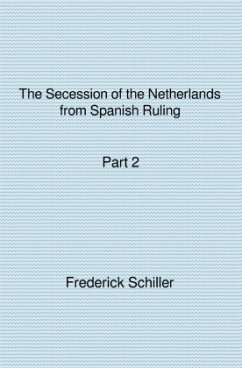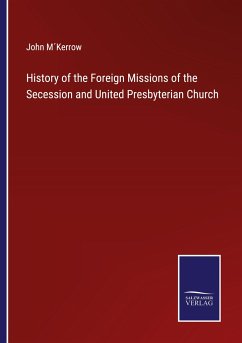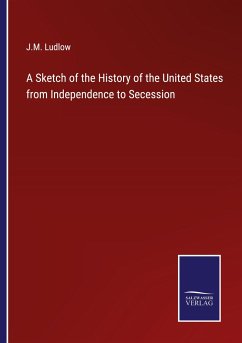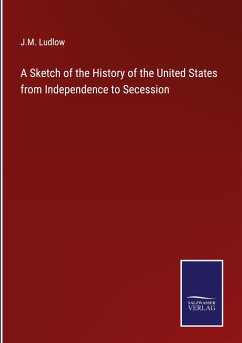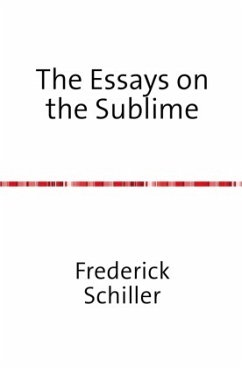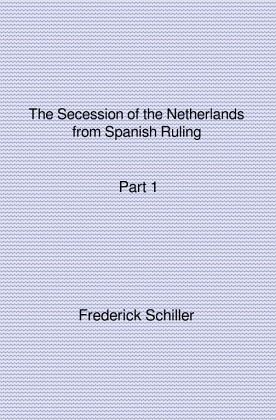
The Schiller Translations / The Secession of the Netherlands from Spanish Ruling Part 1
Versandkostenfrei!
Versandfertig in 6-10 Tagen
10,99 €
inkl. MwSt.

PAYBACK Punkte
0 °P sammeln!
"It had brought into light and developed many rare and beautiful virtues; however, it lacked the two most indispensable of all, restraint and intelligence, without which all enterprises are vain, without which all the fruits of the most forceful effort are wasted. Had its goals remained as pure as the Alliance first told people, or only remained as pure as they really were when it was founded; hence, it would have defied the arbitrarinesses which buried it prematurely, and it would also not have deserved, in an unfortunate manner, a place in History."F. Schiller"The Secession of the Netherland...
"It had brought into light and developed many rare and beautiful virtues; however, it lacked the two most indispensable of all, restraint and intelligence, without which all enterprises are vain, without which all the fruits of the most forceful effort are wasted. Had its goals remained as pure as the Alliance first told people, or only remained as pure as they really were when it was founded; hence, it would have defied the arbitrarinesses which buried it prematurely, and it would also not have deserved, in an unfortunate manner, a place in History."F. Schiller"The Secession of the Netherlands from Spanish Ruling"In this work , he describes in detail the relationship among the central authority (the Emperor), the regent and the various state councils and local parliaments. It is an attempt to analyze the complex power relationships among the ruler and the other executive and legislative offices. Many will find in this work some very interesting principles of statesmanship.




